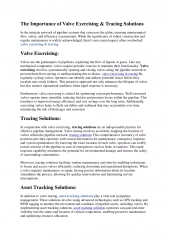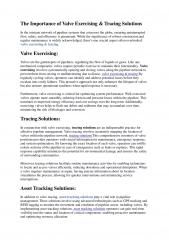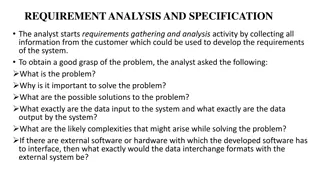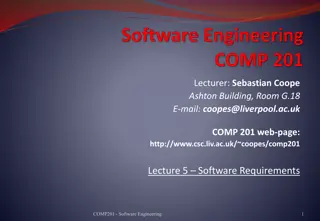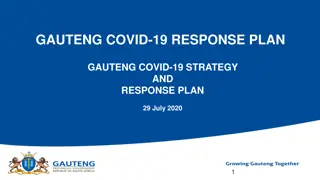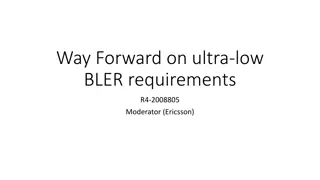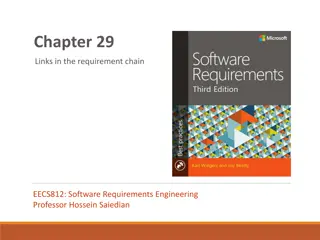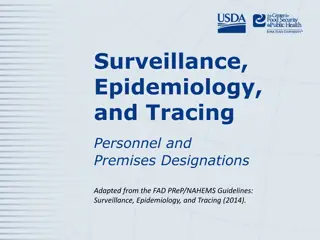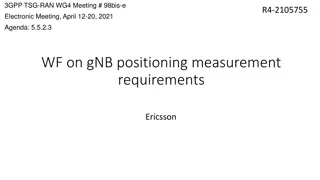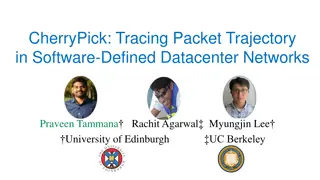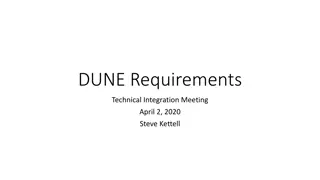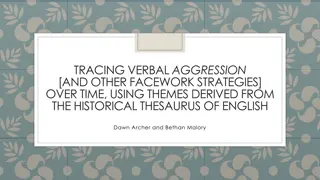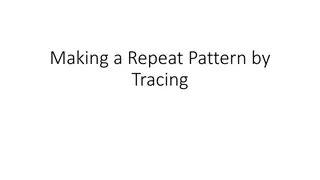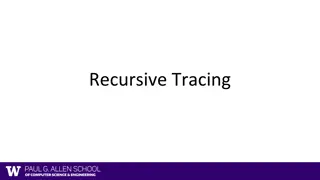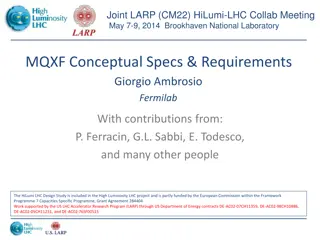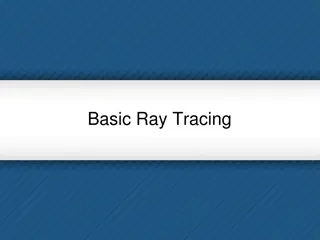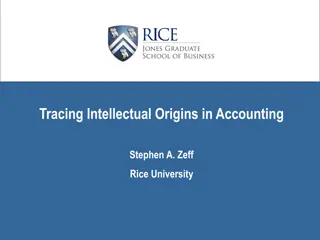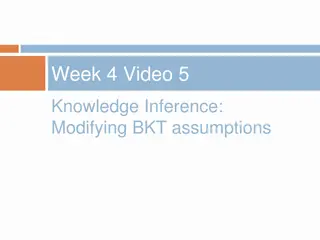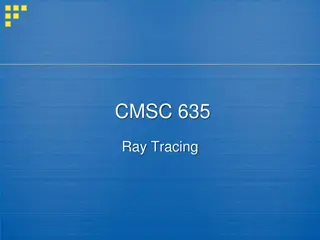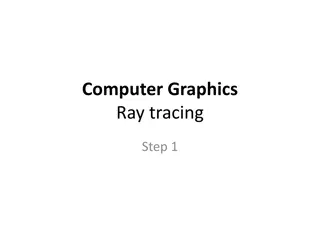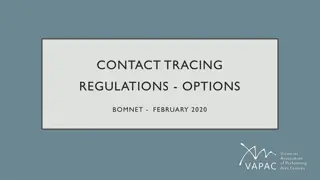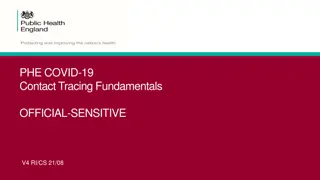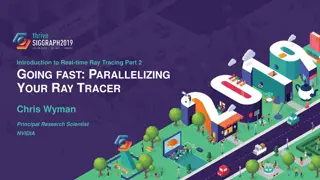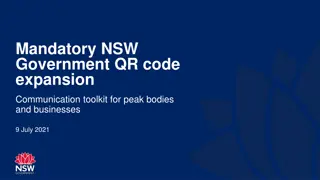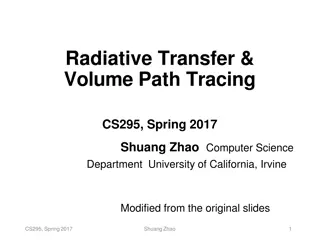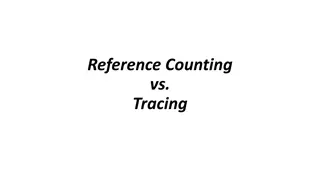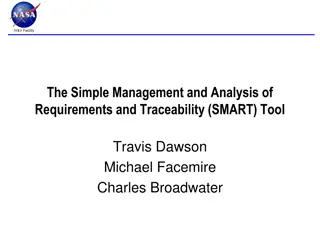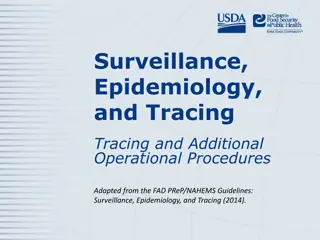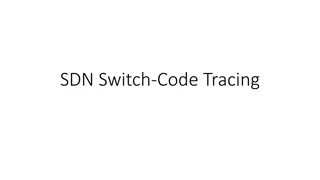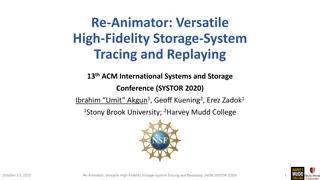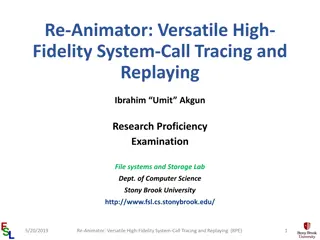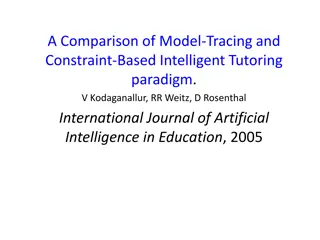INDIAN ARMY AGNIVEER MEDICAL REQUIREMENTS
INDIAN ARMY AGNIVEER MEDICAL REQUIREMENTS#indianarmy #AgniveerMedicalRequirements#trending\n\nLooking to join the Indian Army? Look no further than the Agniveer medical requirements provided by Manasa Defence Academy. With years of experience in providing the best training, Manasa Defence Academy en
2 views • 1 slides
Optimize Operations with Valve Exercising and Tracing Solutions
Explore top notch valve exercising & tracing, asset tracking solutions at KloudGin. Optimize operations with our advanced technology. Learn more!
6 views • 2 slides
https://kloudgin.com/valve-exercising-tracing/
Explore top notch valve exercising & tracing, asset tracking solutions at KloudGin. Optimize operations with our advanced technology. Learn more!
0 views • 2 slides
Software Requirement Analysis and Documentation Process
The requirement analysis and specification process involves gathering information from customers, identifying the problem, solutions, data requirements, complexities, and potential interfaces. Key components of a Software Requirements Specification (SRS) document include functional requirements, non
0 views • 23 slides
Understanding Contact Tracing in Public Health
Contact tracing is a crucial process in public health aimed at identifying and monitoring individuals who have been in close contact with those infected with infectious diseases. It involves tracking and managing potential outbreaks, monitoring symptoms, and preventing further transmission. The hist
1 views • 15 slides
Understanding Software Requirements and Design Principles
Software requirements play a crucial role in defining what a system should do, while the design describes how it achieves those goals. This lecture series covers the concepts of user and system requirements, techniques for describing system requirements, organizing software requirements in a documen
1 views • 30 slides
Gauteng COVID-19 Response Strategy Overview
Gauteng's comprehensive response plan to the COVID-19 pandemic includes a six-pillar strategy focusing on surveillance, contact tracing, healthcare system readiness, designated treatment hospitals, and social mobilization efforts. The Gauteng Department of Health is leading extensive measures encomp
0 views • 24 slides
Way Forward on Ultra-Low BLER Requirements and Open Issues Discussion
Discussions have been held regarding ultra-low BLER requirements for UE and BS, with agreements reached in the first and second rounds. Extra margin considerations and test requirements were emphasized, along with proposals for CQI reporting and FR2 requirements. Open issues include CQI requirements
3 views • 9 slides
Tracing Requirements in Software Engineering
This chapter delves into requirements tracing, links, and dependencies in software engineering, emphasizing the importance of understanding and identifying necessary modifications to implement requirements changes. Motivations for tracing requirements, including finding missing or unnecessary requir
0 views • 10 slides
Guidelines for Surveillance, Epidemiology, and Tracing Personnel and Premises Designations
This presentation provides an overview of necessary personnel, incident command, planning sections, and premises designations based on the FAD PReP/NAHEMS Guidelines for Surveillance, Epidemiology, and Tracing. It covers topics such as the Incident Command System, Planning Section, and Operations Se
0 views • 22 slides
gNB Positioning Measurement Requirements Discussion at 3GPP TSG-RAN WG4 Meeting
Discussion at the 3GPP TSG-RAN WG4 meeting #98bis-e focused on gNB positioning measurement requirements, including beam sweeping, gNB accuracy requirements, samples for gNB accuracy, RoAoA side conditions, and SRS-RSRP measurement accuracy requirements. The meeting addressed various candidate option
1 views • 14 slides
Development of Plasma-Facing Geometry Design for W-Divertor in SOLTKT Fusion Reactor
Study on the plasma-facing geometry design based on power shell geometry in the SOL TKT W-divertor development for the fusion reactor. The research involves fundamental differences in divertor baffle design, materials used, heat load requirements, interface connections, and key design concerns. The
0 views • 14 slides
Advanced Projectile System in Unreal Engine 4
Learn about creating advanced projectiles in Unreal Engine 4 using key elements such as Actor Class, Collision Volume, Particle System, and Projectile Movement Component. Explore the use of Line Tracing and Hit Result Structure for more complex projectile interactions and effects. Understand the imp
2 views • 17 slides
Enhancing Network Debugging with CherryPick in Software-Defined Datacenter Networks
Explore CherryPick, a technique for tracing packet trajectory in software-defined datacenter networks. It helps in debugging by ensuring data plane conforms with control plane policies, localizing network problems, and enabling packet trajectory tracing challenges like non-shortest paths. CherryPick
0 views • 14 slides
Technical Integration Meeting: DUNE Requirements Overview
Detailed overview of proposed changes and requirements discussed in a technical integration meeting for the DUNE project. The meeting covered outlined changes to owned requirements, proposed alterations to TDR requirements, and consortia requirements. Specific details include changes to EB requireme
1 views • 12 slides
Tracing Verbal Aggression and Facework Strategies Over Time
Dawn Archer and Bethan Malory explore the tracing of verbal aggression and other facework strategies over time using themes from the Historical Thesaurus of English. They utilize automated content analysis tools to analyze datasets from various historical periods and propose solutions for prioritizi
0 views • 41 slides
Creating a Repeat Pattern: Step-by-Step Guide for Tracing Designs
Learn how to make a repeat pattern by tracing designs on paper. Follow the steps provided to draw, trace, transfer, and enhance your patterns for a polished finish. No tracing paper? No problem! Find out alternative methods to achieve the same results without tracing paper.
0 views • 7 slides
Understanding Recursive and Iterative Factorials through Tracing
This content provides an in-depth exploration of recursive and iterative factorial functions through tracing examples. The explanations are accompanied by visual aids to help conceptualize the iterative and recursive processes of calculating factorials. By comparing the two methods side by side, rea
0 views • 7 slides
HiLumi-LHC MQXF Conceptual Specifications and Requirements Overview
The HiLumi-LHC project collaborated with various institutions to develop conceptual specifications and requirements for the MQXF, with contributions from experts in the field. The project focused on design study and received funding from the European Commission and the US LHC Accelerator Research Pr
0 views • 11 slides
Understanding Ray Tracing in Computer Graphics
In the world of computer graphics, ray tracing plays a crucial role in rendering realistic images by simulating the behavior of light rays in a scene. This involves determining visibility, casting rays from a viewpoint, implementing ray tracing algorithms, computing viewing rays, calculating interse
0 views • 20 slides
Tracing Intellectual Origins in Accounting: A Journey of Thought Evolution
Tracing the intellectual origins in accounting reveals the roots and influences behind current theories and practices. This process involves connecting the dots across decades to understand the intellectual baggage inherited from the past. Different streams of thought in US accounting literature, st
0 views • 41 slides
Enhancing Bayesian Knowledge Tracing Through Modified Assumptions
Exploring the concept of modifying assumptions in Bayesian Knowledge Tracing (BKT) for more accurate modeling of learning. The lecture delves into how adjusting BKT assumptions can lead to improved insights into student performance and skill acquisition. Various models and methodologies, such as con
0 views • 51 slides
Understanding Ray Tracing Techniques in Computer Graphics
Explore the fundamentals of ray tracing, including concepts like intersections, speedups, fewer intersections strategies, object bounding hierarchies, and space partitioning methods for efficient rendering. Learn about bounding spheres, AABBs, OBBs, K-DOPs, uniform grids, BSP trees, and octrees in t
0 views • 30 slides
Introduction to Computer Graphics Ray Tracing: Step 1
This content introduces the basics of computer graphics ray tracing through steps involving primary rays, spheres, point lights, diffuse shading, and the PPM format. It includes code snippets for generating PPM images and classes like Vec3 and Ray in C++.
0 views • 24 slides
Understanding Ray Tracing Techniques in Computer Graphics
Explore the fundamentals of ray tracing including recursive ray casting, ray casting vs. ray tracing, basic algorithms, shadows, reflections, refractions, and advanced illumination models like Whitted model and OpenGL's illumination model. Learn about casting rays from the eye, handling reflections
0 views • 50 slides
Contact Tracing Regulations and Compliance Guidelines, February 2020
Contact tracing regulations mandate comprehensive attendee information collection at venues to mitigate COVID-19 risks. Records must include first name, phone number, date & time attended, kept for 28 days. Electronic records like QR codes are recommended. Patrons informed of purpose and privacy mea
0 views • 7 slides
National COVID-19 Contact Tracing Fundamentals and Operations Overview
The document provides detailed information on the structure and operations of the national COVID-19 contact tracing in England, involving Tier 1, Tier 2, and Tier 3 contact tracing levels. It covers topics such as the role of different tiers, escalation criteria, infectious and incubation periods of
0 views • 15 slides
Recent Developments in English Law of Tracing & Unjust Enrichment
Recent decisions in English law show a shift in tracing & unjust enrichment practices. Cases like Brazil v. Durant and Bank of Cyprus v. Menelaou indicate a move towards a looser causal connection requirement. The discussion on backwards tracing and unjust enrichment has evolved from the Court of Ap
0 views • 18 slides
Efficient Parallelization Techniques for GPU Ray Tracing
Dive into the world of real-time ray tracing with part 2 of this series, focusing on parallelizing your ray tracer for optimal performance. Explore the essentials needed before GPU ray tracing, handle materials, textures, and mesh files efficiently, and understand the complexities of rendering trian
0 views • 159 slides
NSW Government QR Code Expansion Communication Toolkit for Businesses
COVID-19 remains a risk to community safety and the economy. This toolkit outlines the mandatory use of the NSW Government QR code at more businesses and organizations, emphasizing the importance of contact tracing in containing outbreaks. Businesses are guided on creating a COVID-19 Safety Plan, re
0 views • 10 slides
Understanding Radiative Transfer and Volume Path Tracing
Explore the mathematical model of radiative transfer for simulating light scattering in participating media and translucent materials through volume path tracing. Learn about subsurface scattering and how radiance changes along ray segments in participating media. Delve into the origins and applicat
0 views • 44 slides
Tracing Ancestry: A DNA Success Story of the Meeker Family
Autosomal DNA success story tracing ancestors born in the 1700s, focusing on the Meeker family. Uncovering the ancestry of Levi Perry's wife, Elizabeth, through genealogical data analysis and census records. The search for Elizabeth's father between two Meeker brothers, Grove and Forrest Meeker, bas
0 views • 29 slides
Comparison of Reference Counting vs. Tracing Garbage Collection Algorithms
Understanding the differences between reference counting and tracing garbage collection algorithms, their challenges, and design spaces. Discussing topics such as storing object counts, maximum reference count distribution, overflow scenarios, and methods for maintaining counts in reference counting
0 views • 23 slides
IV&V Facility - Requirement Management and Traceability Tool
IV&V Facility, also known as the Simple Management and Analysis of Requirements and Traceability (SMART) tool, is designed to streamline the process of tracing and managing requirements in software development projects. The tool allows for tracking dependencies between different levels of requiremen
0 views • 26 slides
Understanding Ray Tracing in Computer Graphics
Explore the fascinating world of ray tracing in computer graphics through this comprehensive lecture series. From creating realism with effects like shadows, reflections, and transparency to delving into the history and evolution of ray tracing, this content covers it all. Discover the different app
0 views • 46 slides
Tracing in Animal Disease Control: Guidelines and Procedures
This presentation delves into the importance of tracing in animal disease control, covering trace-back and trace-forward methods, sources of information, collaboration services, and the role of livestock owners. It highlights the guidelines and operational procedures adapted from FAD PReP/NAHEMS, fo
0 views • 27 slides
Understanding SDN Switch Code Tracing Process
This content delves into the intricate process of tracing code within SDN switches. It covers topics such as the first packet handling, LLDP communication, flow table operations, and controller interactions. Through detailed images and descriptions, readers gain insight into the functionalities and
0 views • 14 slides
Re-Animator: Versatile High-Fidelity Storage System Tracing and Replaying
Re-Animator is a system for capturing and replaying system calls that aims to benchmark storage systems, analyze application characteristics, and reproduce bugs. It addresses challenges in capturing accurate information, data buffers, overheads, replay tools, trace formats, and offline analysis. Wit
0 views • 18 slides
Re-Animator: Versatile System Call Tracing and Replaying
Re-Animator is a research project focusing on creating a high-fidelity system call capturing system with minimized overheads. The project aims to capture long-running applications and provide scalable and verifiable system call replaying. It introduces two prototype system call tracing systems and h
0 views • 39 slides
Comparison of Model-Tracing and Constraint-Based Intelligent Tutoring Paradigm
Model-Tracing Tutor (MTT) and Constraint-Based Model Tutor (CBMT) differ in feasibility based on solution information richness and goal structure complexity. MTT excels in targeted remediation but demands higher development effort. CBMT is more suitable for information-rich domains. The choice betwe
0 views • 20 slides

